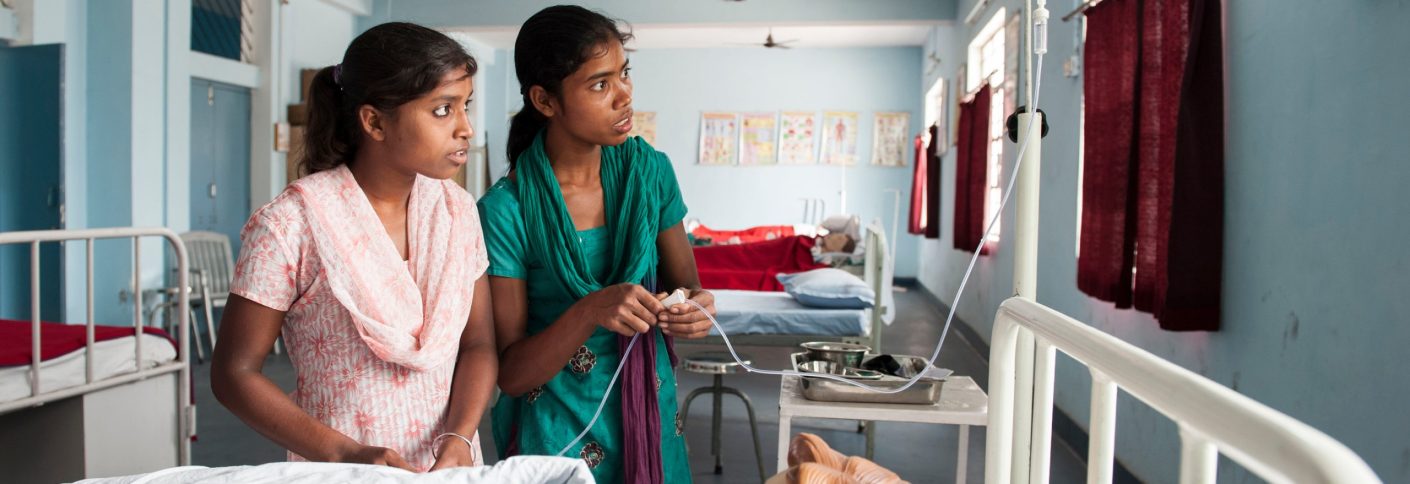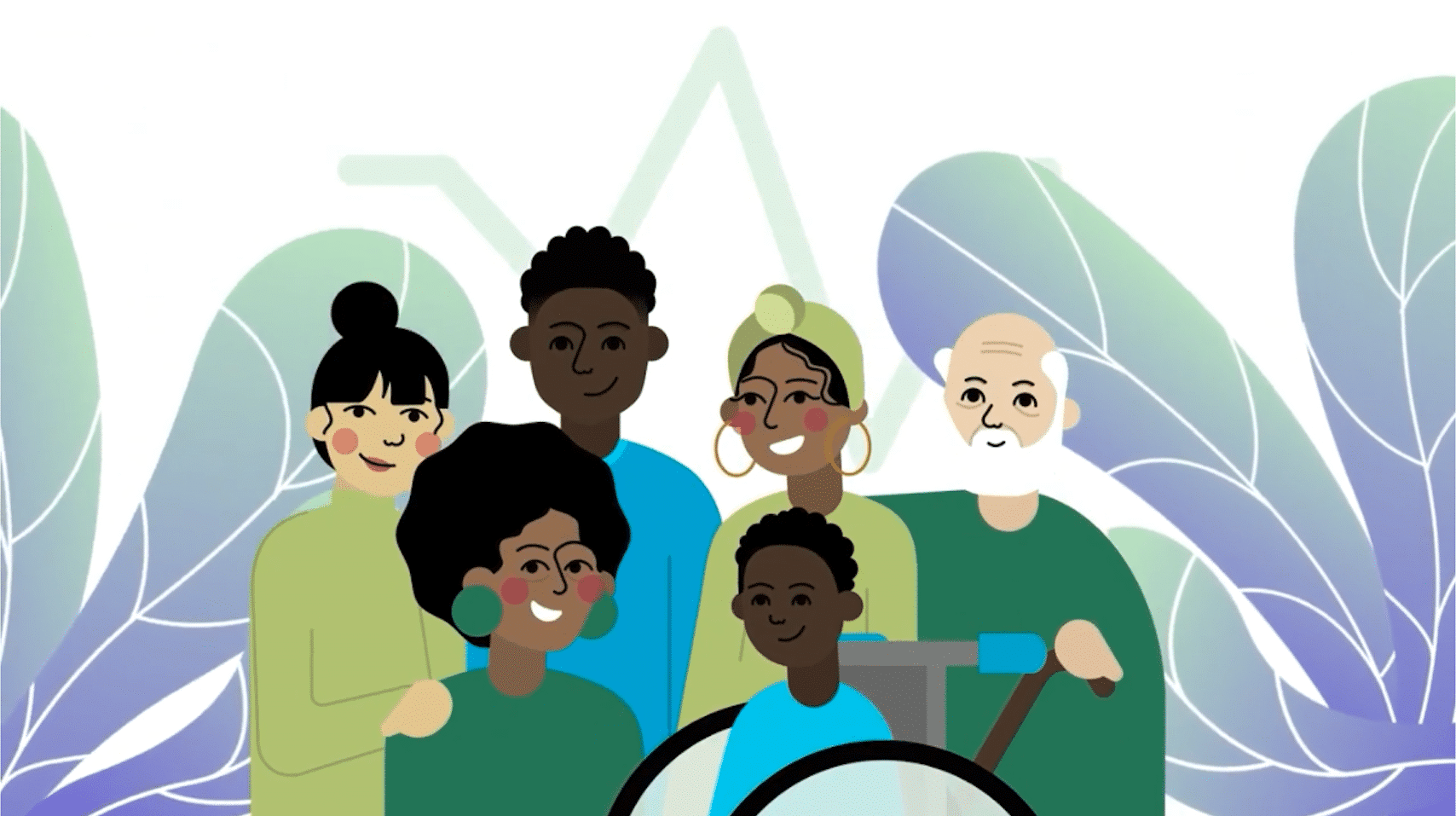The new 2026-2030 GFF strategy: wins and missed opportunities
The Global Financing Facility (GFF) launched its new 2026-2030 strategy ‘Transform 2030: Transforming Health Systems, Saving Lives‘. In our analysis we notice that the GFF did take into account some of the points we raised during the process, but that some more structural asks are still only partially reflected.




